The Federal Government has reaffirmed its commitment to achieve the 95% digital literacy target by the year 2030.
Meanwhile, the government has appointed the President of the Digital Bridge Institute (DBI), David Daser, as the Chairman of the newly established National Digital Literacy Technical Working Committee.
Director-General of the National Information Technology Development Agency (NITDA), Dr. Kashifu Inuwa Abdullahi, stated this at a Digital Literacy Workshop on: “Building Sustainability Towards Achieving 95% Digital Literacy Level by 2030,” hosted by the agency in Abuja.
Inuwa stated that plans have been concluded to put in place a national digital literacy data framework to be hosted by NITDA to track progress, identify gaps, and support evidence-based policymaking.
He noted that the goal of the workshop was clear: to strengthen partnerships that will drive digital literacy across Nigeria, build a unified framework for collecting and managing data on digital literacy efforts, and set a clear path toward achieving 70% digital literacy penetration by 2027 and 95% penetration by 2030.
Inuwa noted that it is only through partnerships, innovation, good data, and shared commitment that Nigeria can build a truly inclusive digital economy; hence, the need to align all digital literacy efforts under one national strategy (the National Digital Literacy Strategy Framework) released in 2023 to avoid duplication.
The workshop highlighted the importance of stakeholders’ profiling and analysis in the ecosystem to ascertain who is doing what and possible areas of collaboration, and the imperative of building real partnerships across government, business, and communities, as well as how innovation, especially technology-based solutions, can help reach rural and underserved populations faster.
The participants emphasized the urgent need for a common data system that tracks who is being trained, where, and with what outcomes, and it was agreed that digital literacy must not be treated as a side project but be integrated into education, business, governance, and everyday life.
At the end of the workshop, participants resolved that a national digital literacy data framework will be created and hosted by NITDA to make it easier to track progress, identify gaps, and support evidence-based policymaking, and that stakeholders work together more intentionally, pooling resources and aligning goals.
On the Data Framework, it was resolved that stakeholders will be classified into three groups—Providers, Enablers, and Funders—with each group clearly understanding their role in achieving national digital literacy goals, while special attention will be given to women, youth, persons with disabilities, and rural communities.
In addition, the participants agreed to establish a National Digital Literacy Technical Committee whose membership will cut across all stakeholder institutions, retain the “Digital Literacy Stakeholders Conference” as an annual event to strengthen collaboration, support the implementation of the National Digital Literacy Framework, share data and program results openly through NITDA’s coordinated platform, and develop scalable digital literacy programs that reflect Nigeria’s diversity and realities.
The Head of Civil Service of the Federation (HCSF), Mrs. Didi Esther Walson-Jack, formally inaugurated Mr. Daser and the other members of the new committee.
The event brought together key industrial stakeholders and players from the public and private sectors to rally support for Nigeria’s digital transformation agenda and hit the national goal target of 95% digital literacy by the year 2030.
According to a statement from the Head of Public Affairs, DBI, Akin Ogunlade, a major highlight of the event was the appointment of the DBI President as the Chairman of the National Digital Literacy Technical Working Committee.
He said the appointment made by the NITDA Director-General marks a significant milestone for DBI and is in recognition of Daser’s tireless leadership and unwavering commitment to advancing digital inclusion across Nigeria.
The DBI President, in his goodwill message, commended NITDA and the Director-General for the visionary leadership being provided by the agency within the industry.
Daser reaffirmed the DBI’s strong commitment to achieving the national goal of 95% digital literacy by the year 2030.
The members of the National Digital Literacy Technical Working Committee comprise representatives of notable agencies and organizations, which include the United Nations Development Programme (UNDP), the Small and Medium Enterprises Development Agency of Nigeria (SMEDAN), the National Board for Technical Education (NBTE), ENGAUSA, GIZ, among others.
The event also witnessed the participation of top government officials, including the Minister of Youth Development, Hon. Ayodele Olawande Wisdom; the Minister of State for Education, Dr. Suwaiba Said Ahmad; and the Minister of Women Affairs, Hajiya Imaan Sulaiman-Ibrahim.
All the ministers expressed strong support for the vision of a digitally empowered Nigeria.
Also, the Head of Learning and Development, DBI, who delivered a speech on behalf of the institute on the first day of the event, reinforced DBI’s strategic alignment with both national and global digital literacy initiatives.
He emphasized that the DBI remains a committed driver of inclusive digital capacity building and a proud partner in shaping Nigeria’s digital future.
Share this post
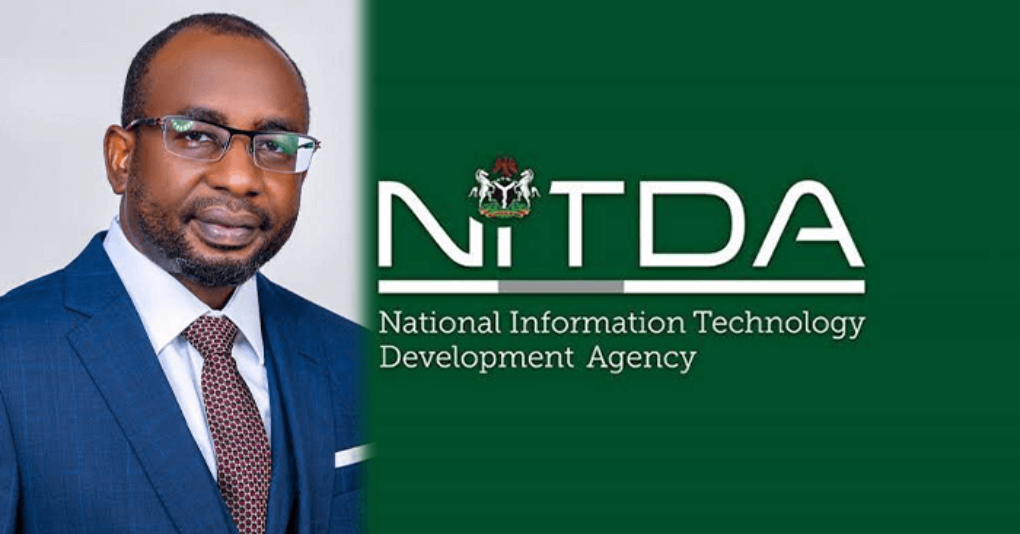
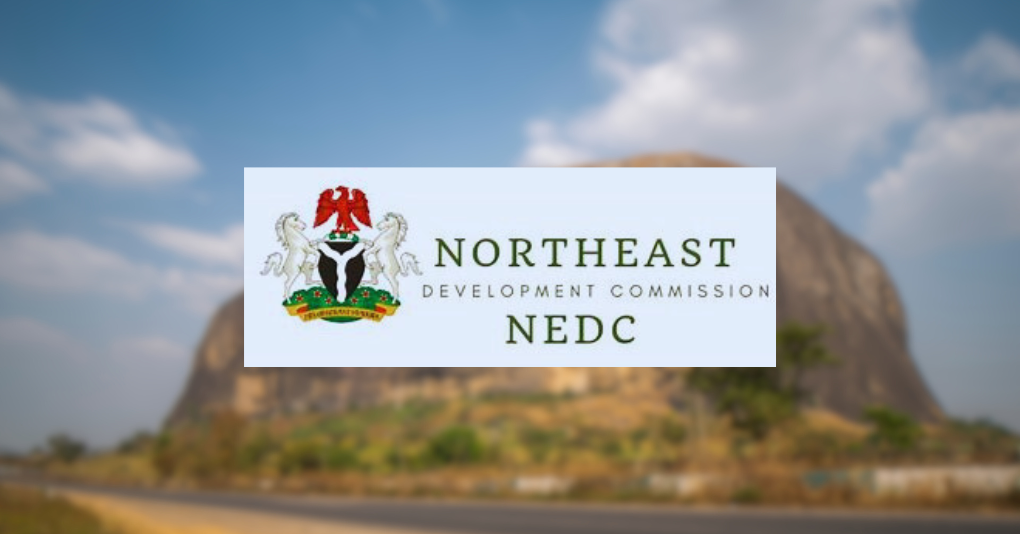
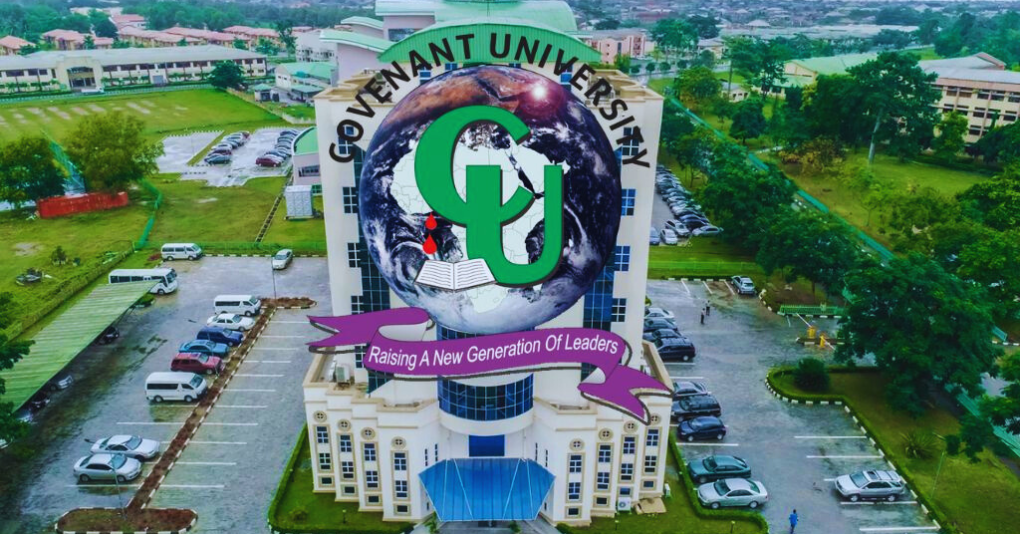
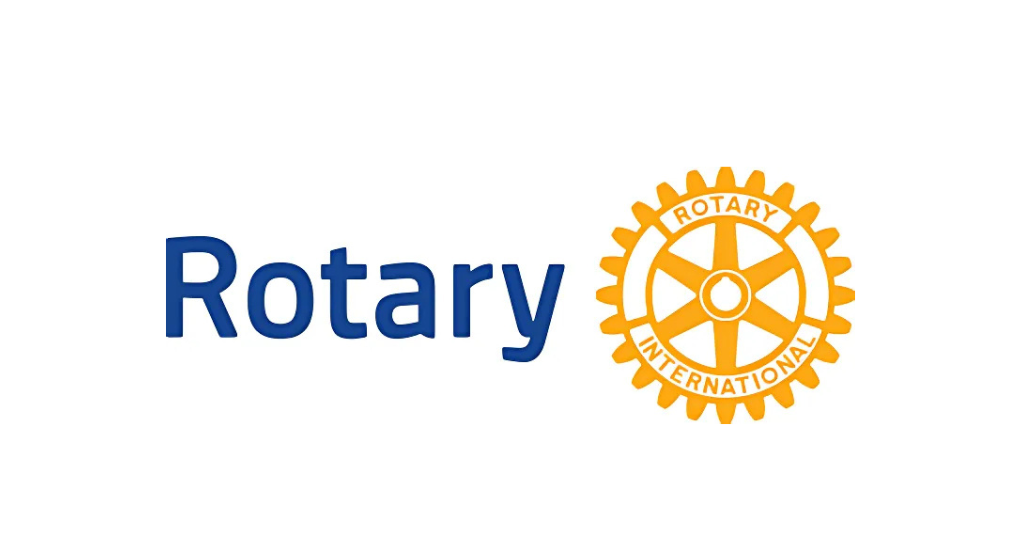
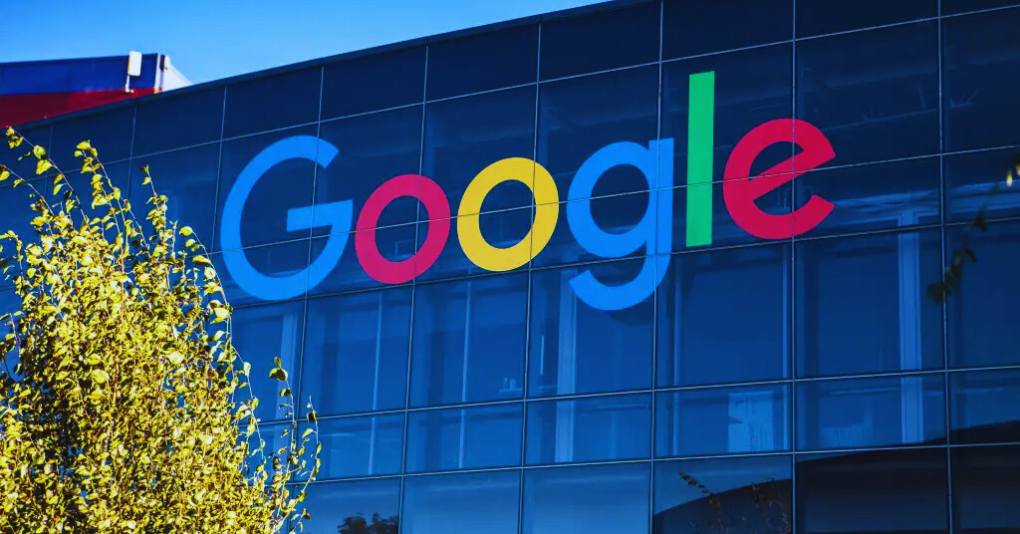
Be the first to comment on this post